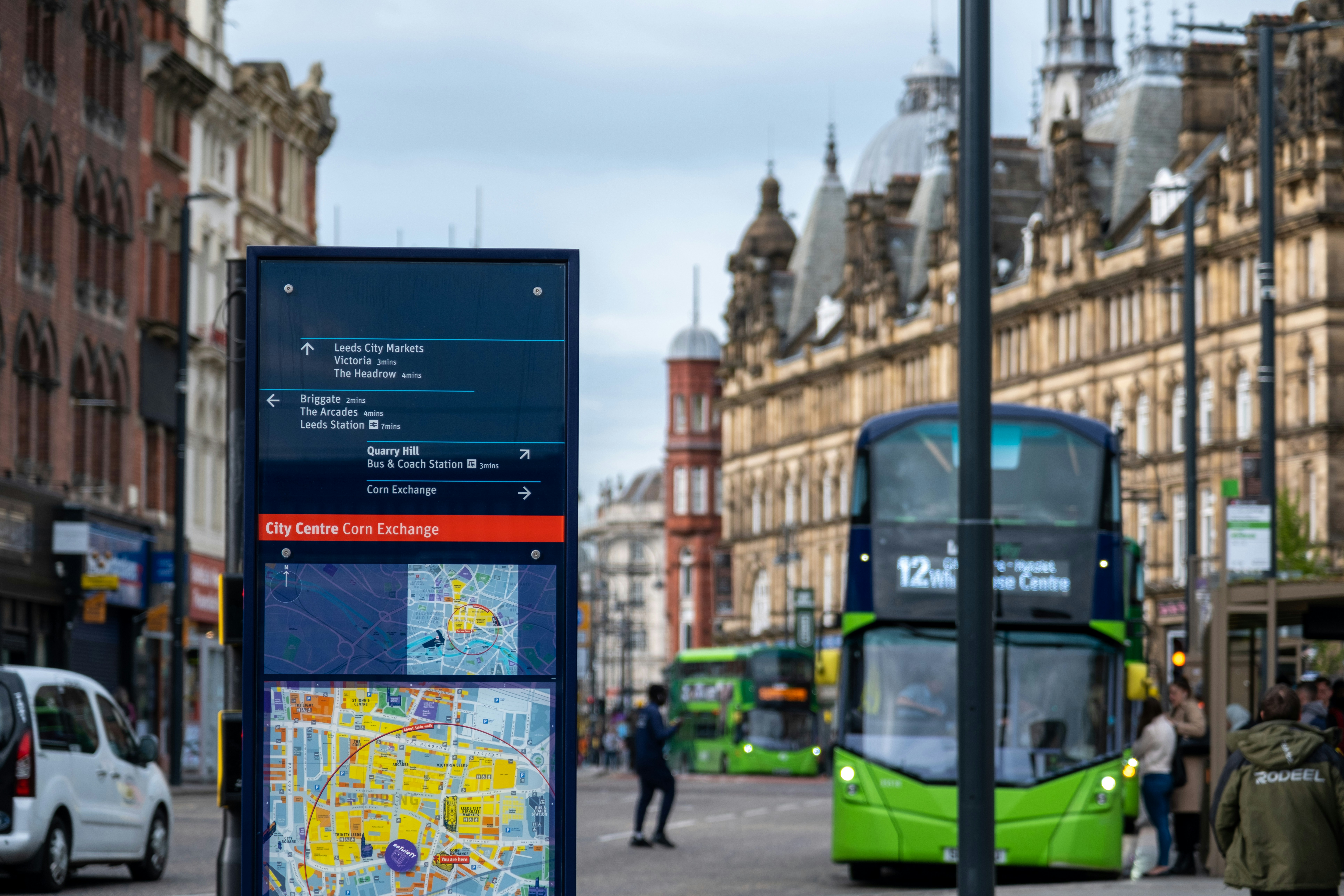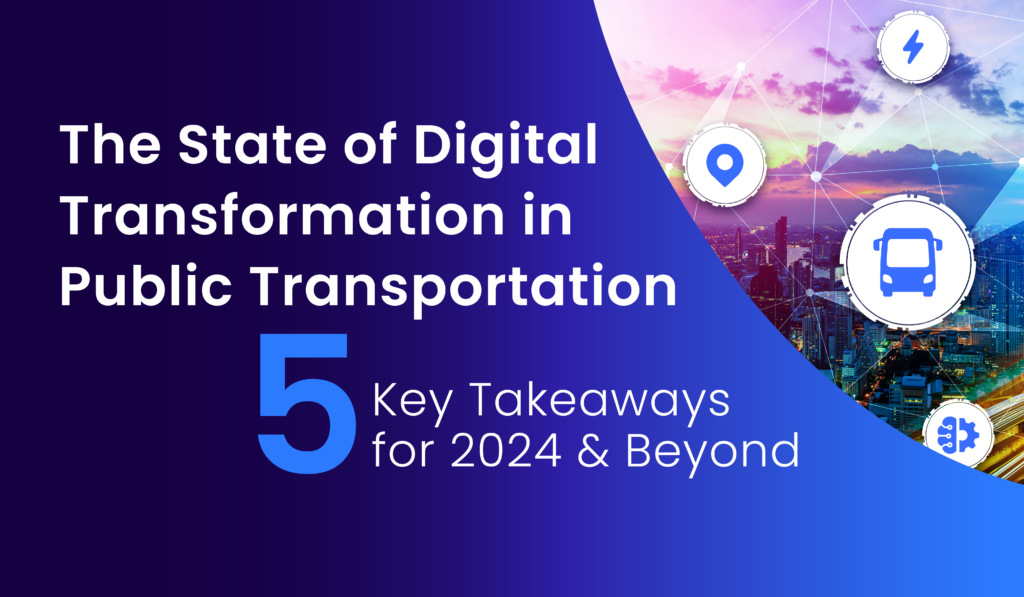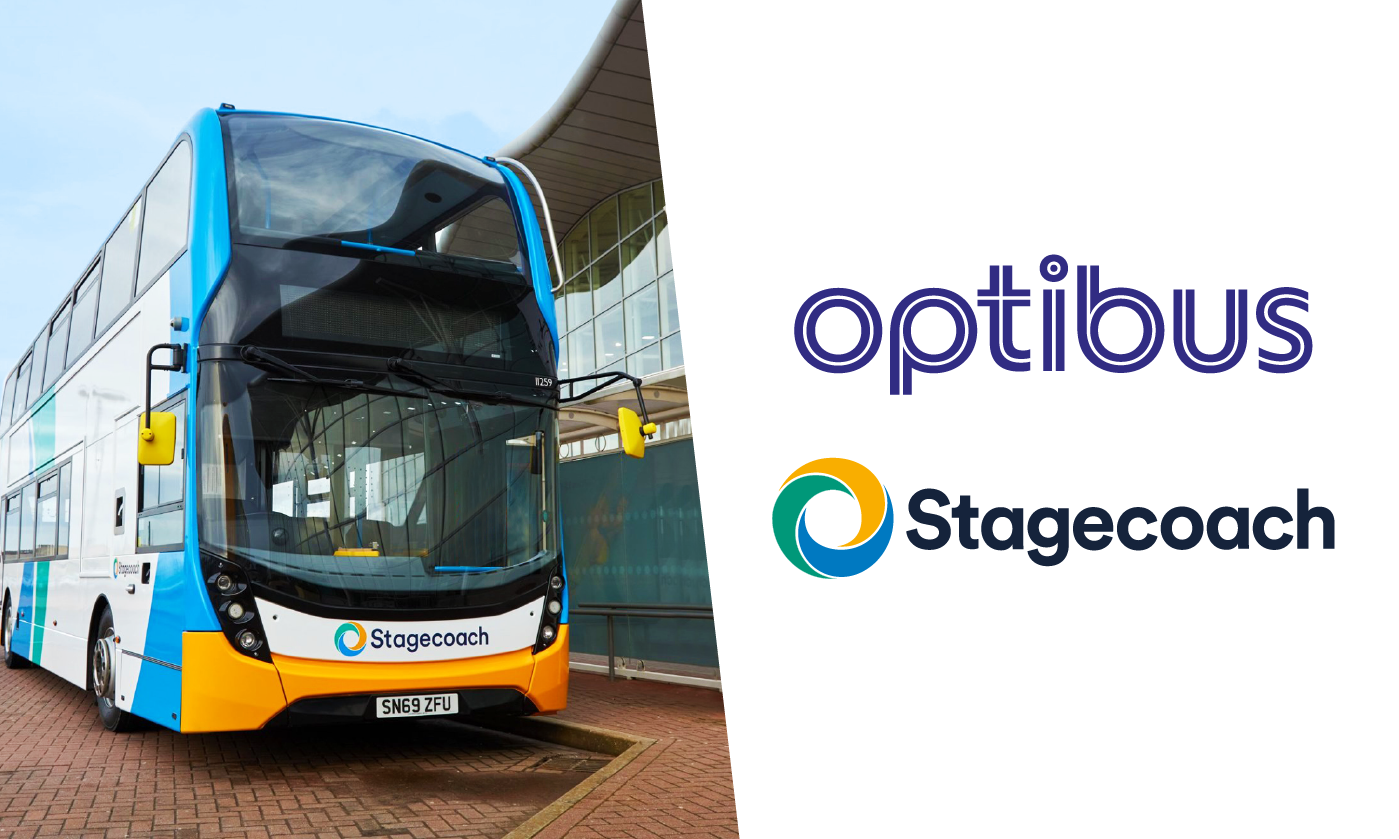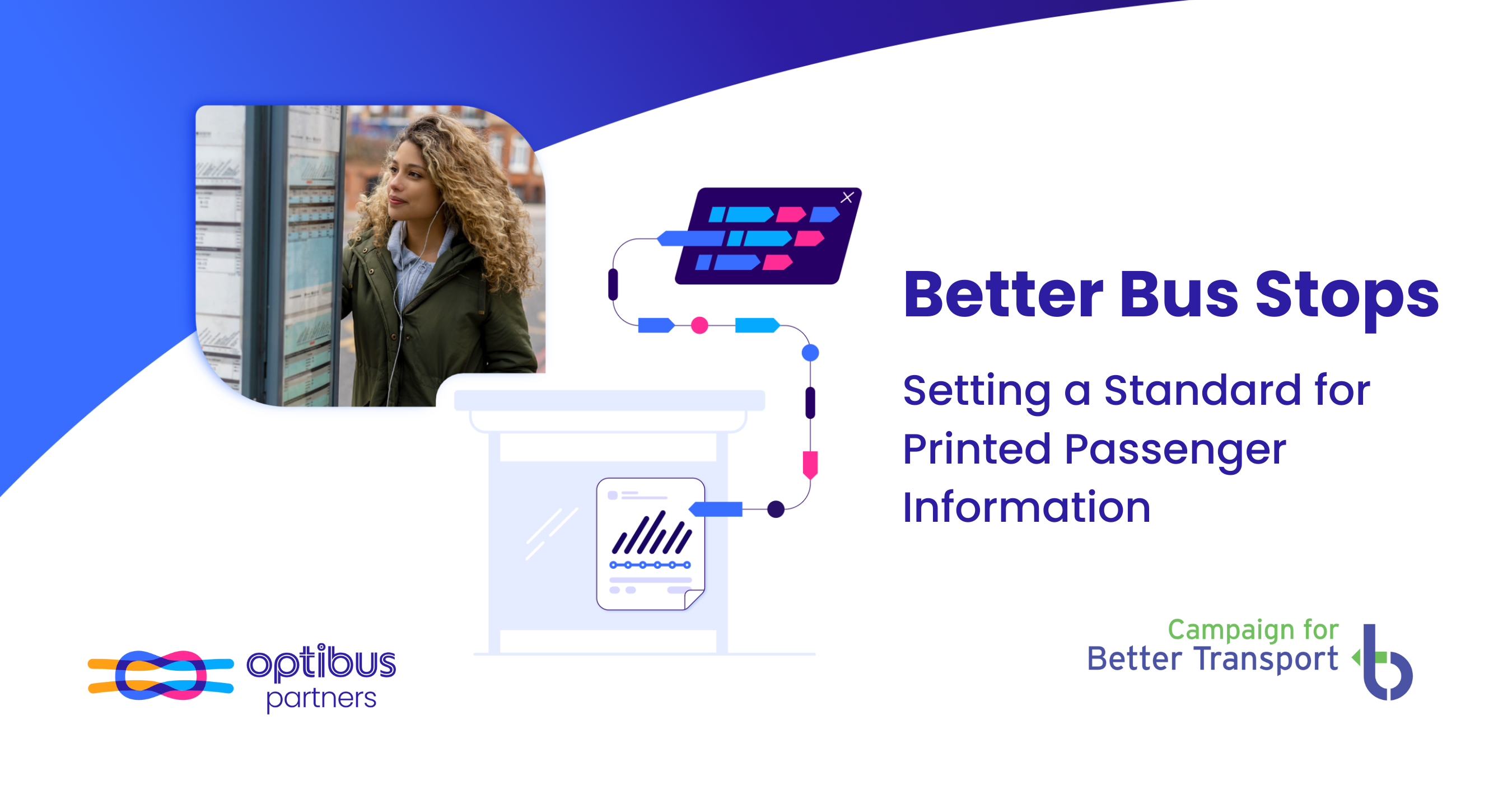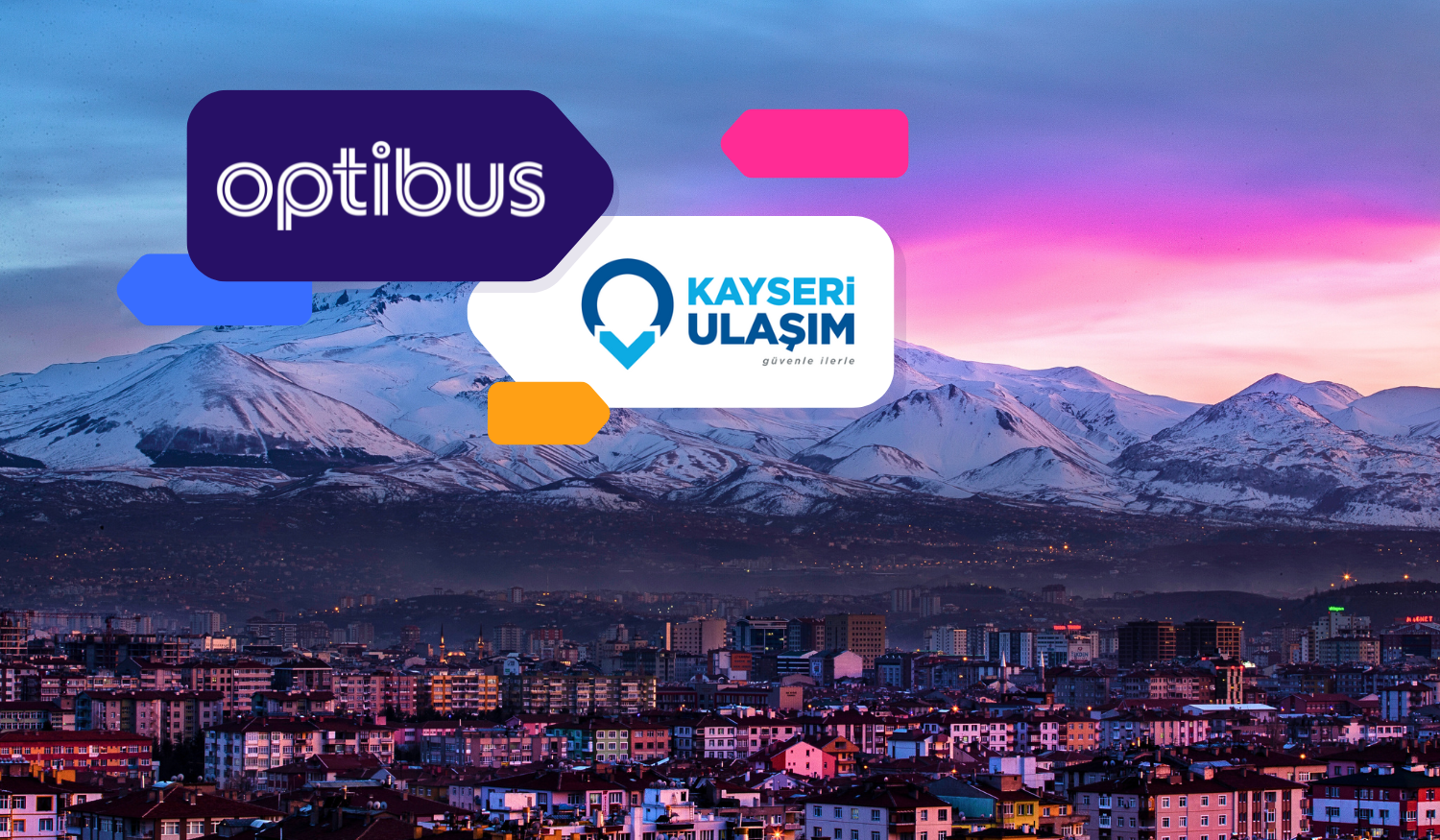With a general election coming on the 4th July, the public transport landscape in the UK could soon undergo a significant transformation. Bus franchising models are already being adopted by combined authorities; these powers could soon be extended to all Local Transport Authorities (LTAs) in England if the Labour party wins the election. If franchising becomes reality for all Local Transport Authorities, then there is likely to be a need for significant replanning of the existing commercial network, and to better understand how revisions to planned bus services can deliver wider societal objectives such as connectivity and decarbonisation. Optibus, a pioneer in the application of AI and machine learning for transport systems, offers solutions that can help ensure the planned services are reliable and enhance passenger satisfaction in the UK's evolving market.

The Role of AI and Machine Learning in Modern Transport Systems
AI and machine learning (ML) are no longer just futuristic concepts; they are essential tools for modern transport systems. These technologies involve sophisticated algorithms capable of learning from extensive datasets to discern patterns and make intelligent decisions. For public transport, AI can analyse historical data, real-time inputs, and numerous external factors to predict bus runtimes with exceptional accuracy. This concept has already been proven for 60% of the UK market with which Optibus is working.
Machine learning, a critical subset of AI, continuously learns and adapts to new data. This dynamic capability ensures ongoing improvements in predictive accuracy, vital for the ever-changing conditions of urban and regional transport systems in the UK. This is especially relevant where Local Transport Authorities are undertaking planning tasks for the first time. The transition from the current commercial model, where services are run by an operator for profit, to a franchised model where LTAs design the services doesn’t guarantee that all the operational knowledge over the past 30+ years will transfer to the LTA. LTAs will have to work smarter and harder in using data to get the best results from the networks they design from scratch.
How Optibus Enhances Reliability and Passenger Satisfaction with AI and ML
Optibus harnesses AI and ML to create a powerful platform for transport planning and optimisation, perfectly suited for the UK's transitioning market. Here's how Optibus can enhance service reliability and passenger satisfaction:
- Data Integration: Optibus’s platform integrates a wealth of data from diverse sources, including historical performance and traffic patterns. This comprehensive data collection is the cornerstone of accurate runtime predictions.
- Predictive Analytics: With machine learning models, Optibus can predict bus runtimes with high precision. These predictions consider current traffic conditions, scheduled stops, and other variables, allowing for dynamic adjustments and better resource allocation.
- Optimisation: Beyond predictions, Optibus uses AI to optimise schedules and routes. By analysing multiple scenarios, the platform identifies the most efficient routes and schedules, reducing workload and improving service reliability.

Addressing the UK's Public Transport Challenges
The transition towards bus franchising and enhanced partnerships in the UK brings both opportunities and challenges. Service reliability and passenger satisfaction are paramount, yet they are often hindered by:
- Congestion and Traffic Variability: Urban areas in the UK face significant traffic congestion, leading to unpredictable bus runtimes.
- Operational Inefficiencies: Traditional scheduling and routing methods may not adequately address the complexities of modern urban transport, resulting in inefficiencies and increased operational costs.
- Passenger Expectations: With increased competition from ride-sharing services, public transport must meet higher expectations for punctuality and convenience.
Optibus addresses these challenges head-on, ensuring that the UK's public transport systems can thrive under the new franchising models:
- Enhanced Service Reliability: Accurate runtime predictions and optimised schedules mean buses are more likely to run on time, reducing waiting times and improving overall service reliability.
- Increased Passenger Satisfaction: Reliable and punctual services enhance the passenger experience, leading to greater patronage and better public perception of the transport system.
- Cost Efficiency: By reducing manual tasks and optimising routes and schedules, Optibus helps transport authorities reduce operational costs and improve resource utilisation.
Conclusion
The UK's public transport market is at a pivotal point, with significant changes on the horizon through bus franchising and enhanced partnerships. Optibus's use of AI and machine learning for predictive runtimes offers a robust solution to enhance service reliability and passenger satisfaction, addressing the unique challenges faced by UK transport systems. As we move towards a future where efficient, reliable, and passenger-centric public transit is essential, Optibus stands ready to lead the way with innovative, data-driven solutions.
FAQs
Bus franchising poses challenges such as congestion, operational inefficiencies, and high passenger expectations, which require advanced planning and optimization solutions.
AI improves bus scheduling by analysing vast amounts of data to predict bus runtimes accurately, optimise routes, and adjust schedules dynamically.
The benefits include enhanced service reliability, increased passenger satisfaction, cost efficiency, and improved overall public perception of the transport system.
Machine learning continuously learns from new data, enhancing predictive accuracy and allowing transit systems to adapt to changing conditions efficiently.
Optibus helps save costs by reducing manual planning tasks, optimising resource allocation, and improving route efficiency through AI-driven solutions.

